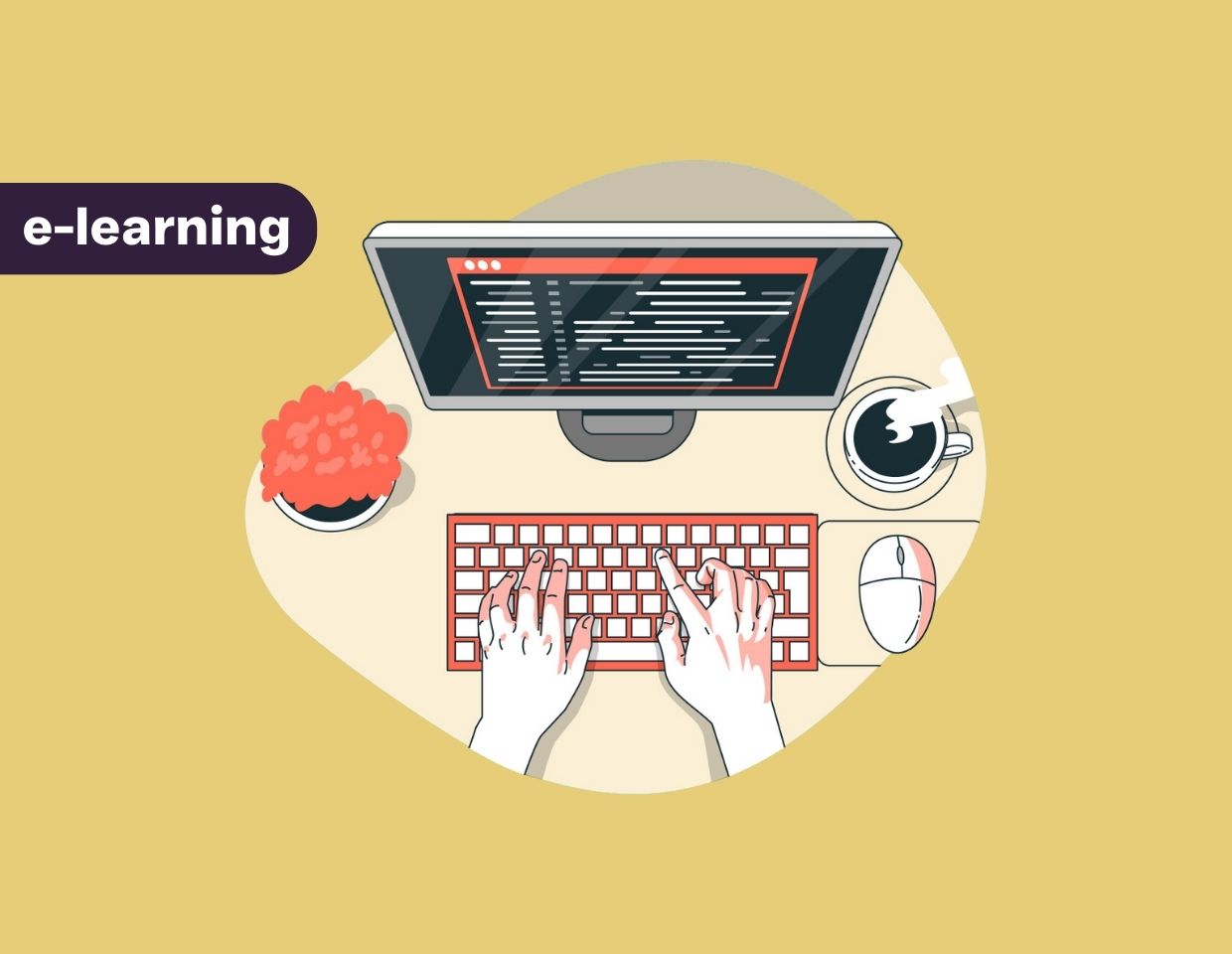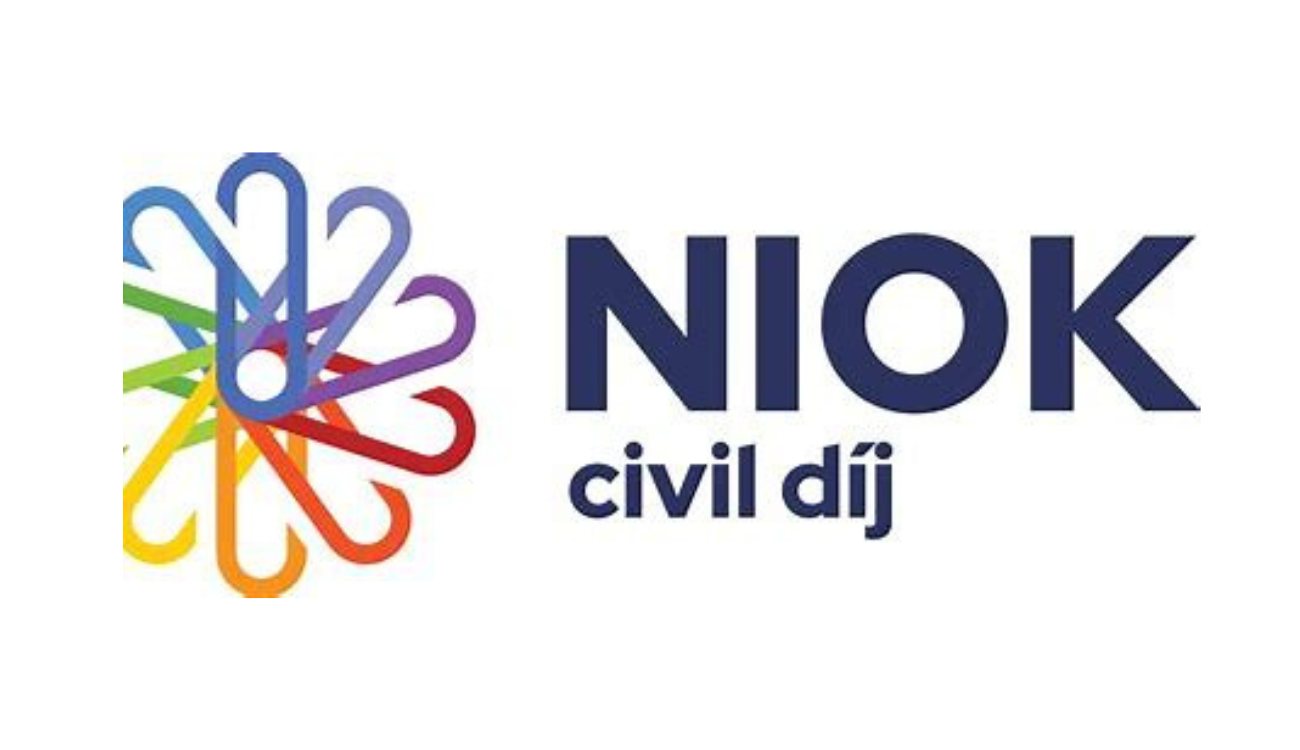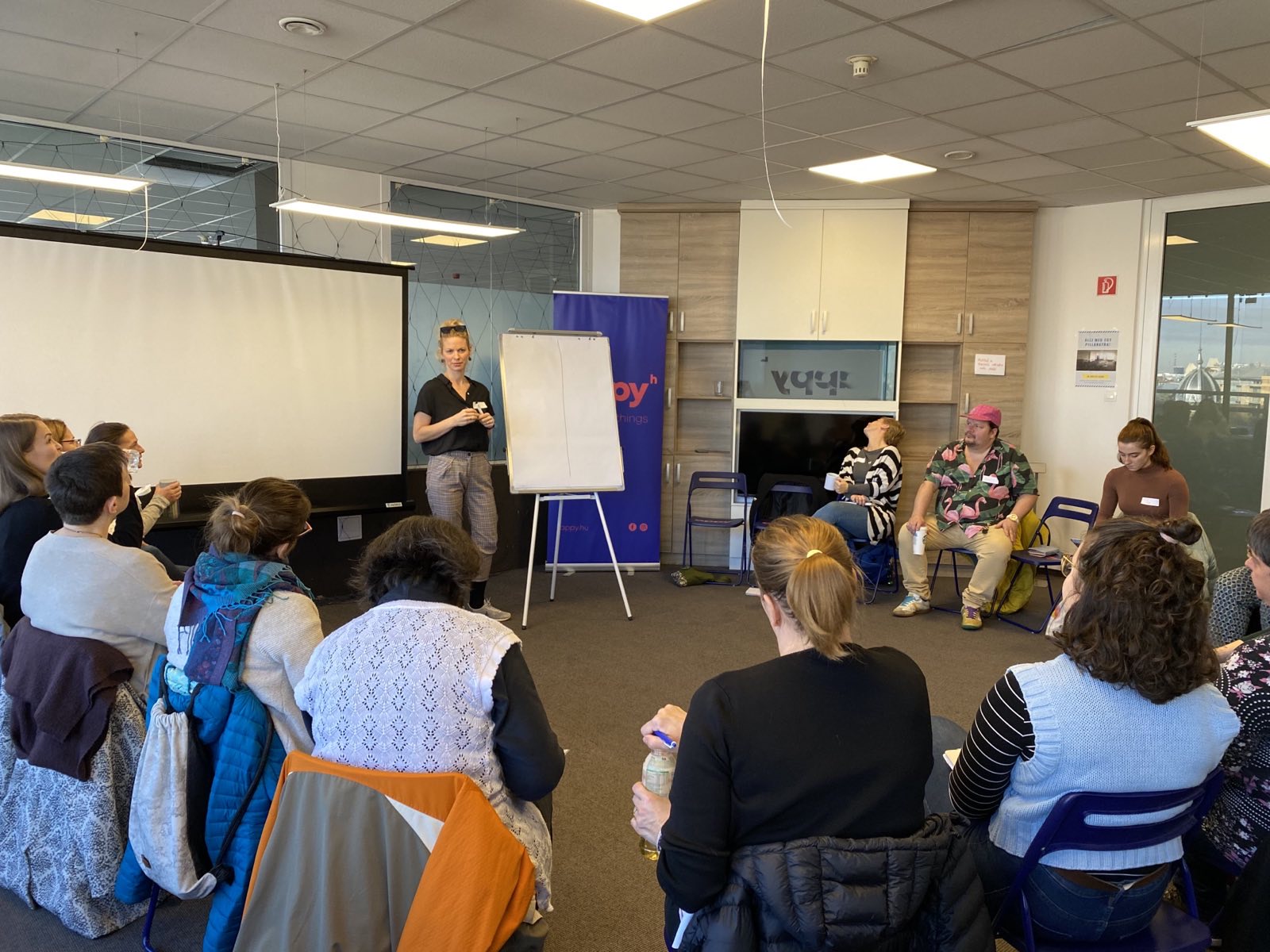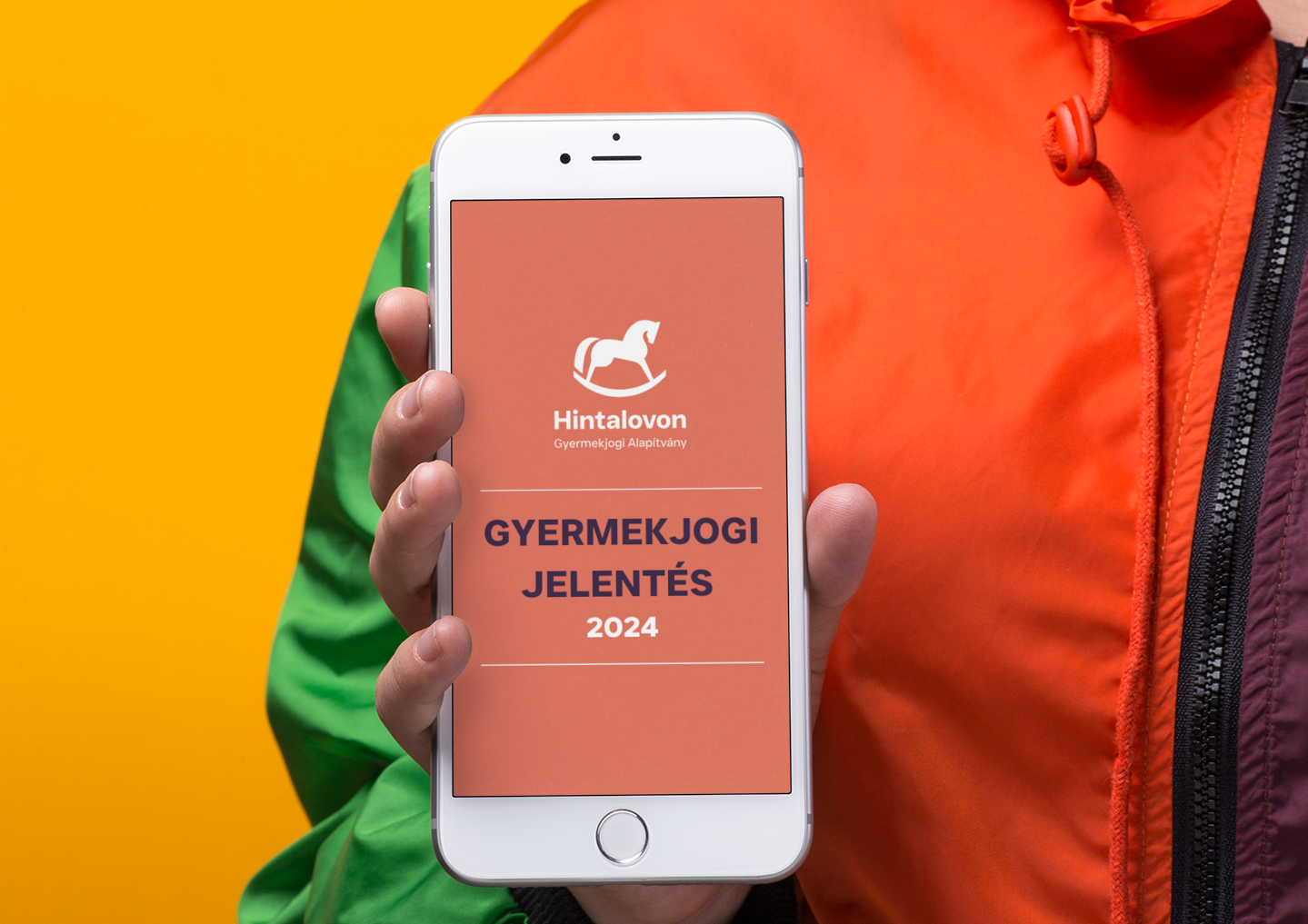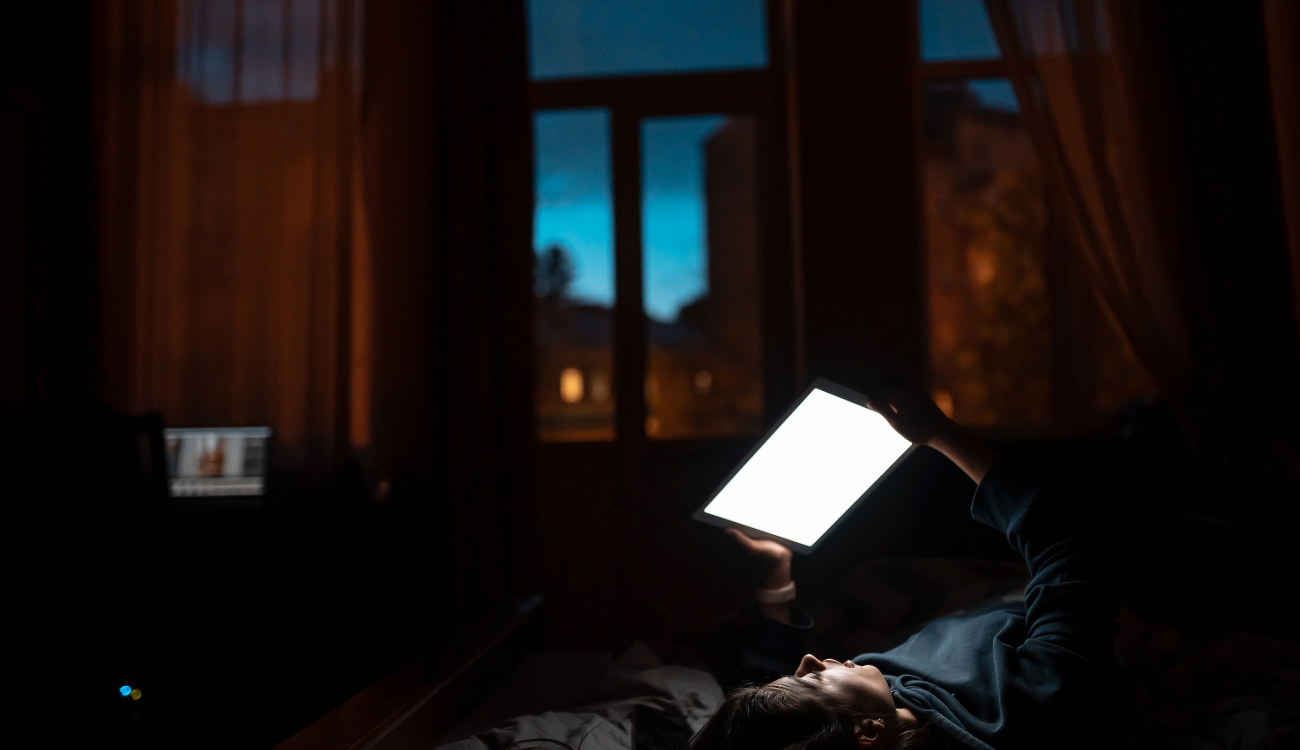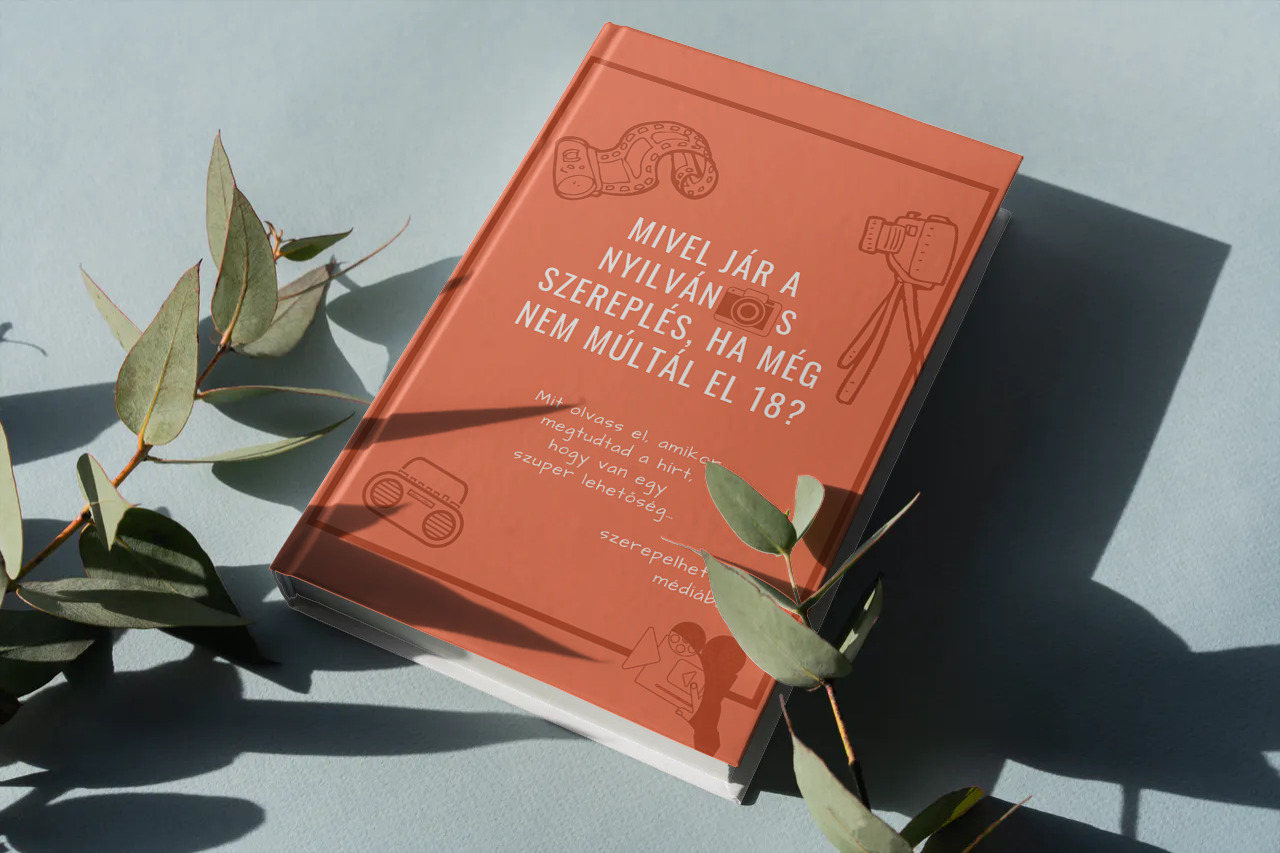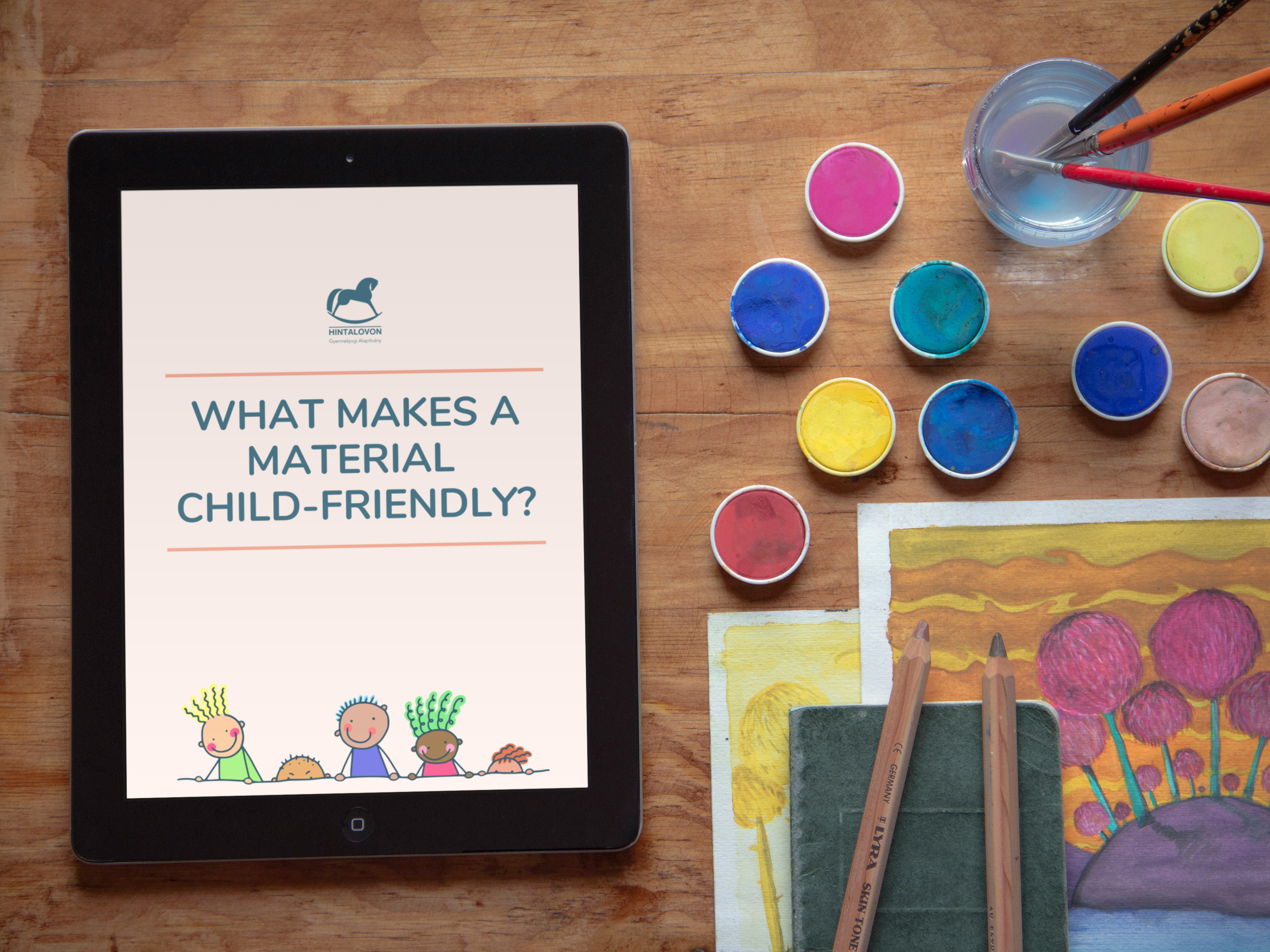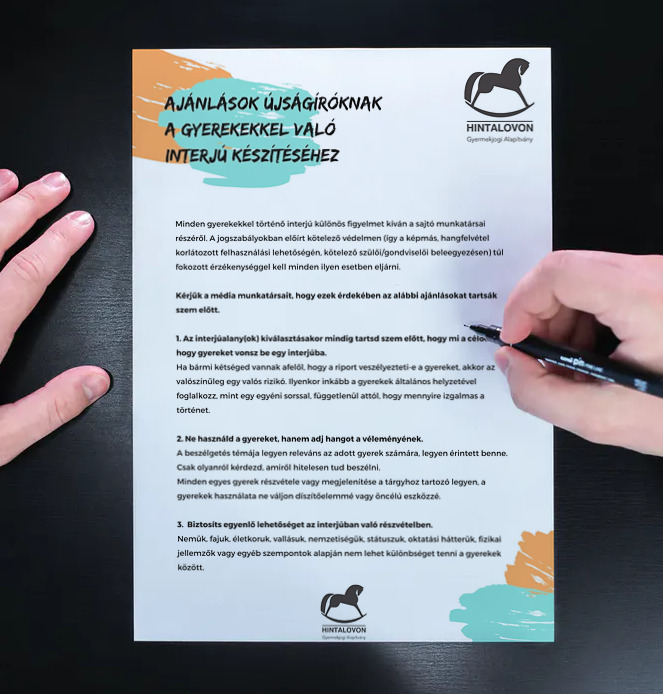– A Conversation About the Award-Winning Hintalovon Academy and Its Plans, Recognized by the SozialMarie Prize
The Hintalovon Academy was founded with the aim of providing professionals, teachers, lawyers, and responsible adults with knowledge and thereby confidence in the field of children’s rights. The Academy offers both accredited and registered training programs that can be completed at an individual pace. In recent years, numerous affirming feedbacks have been received from graduates, and this year the Academy was awarded the SozialMarie Prize. Moreover, until the end of August, all training courses can be completed free of charge.
We talked with Dóra Merényi, the project manager of the Academy, about the Academy, the award, the newest training programs, and the exceptional summer opportunity.
What are the three words that come to mind when you look back on the first half of 2025 for the Hintalovon Academy?
Replanning, opportunities, continuous reinforcement. A kind of reinforcement that provides constancy in an otherwise unstable world. Those around us and those studying at the Academy give us ongoing feedback, strengthen us, and hold us. Not only us—the trainings hopefully give strength to the participants as well—but they also support each other: talking, sharing, advising.
If I gave you these three words as inspiration and asked you to draw a picture, what would be in it?
In the e-learning trainings for professionals, we often use an image of three empty houses: the house of good things, the house of dreams, and the house of difficult feelings. The professional’s task with this picture is to present these empty houses to the child, who then fills them with drawings. This is a New Zealand technique.
Now I imagine a house in front of me. Its walls are strong, supportive, and provide a safe framework, but the door is always open—anyone can come in or go out. Whoever enters brings something, and whoever leaves takes something with them. Inside, it’s colorful, amorphous, indistinct, but words, games, and tools emerge. The whole house vibrates with the presence of many people. I think this will be the house of good things—how wonderful that this can appear first.
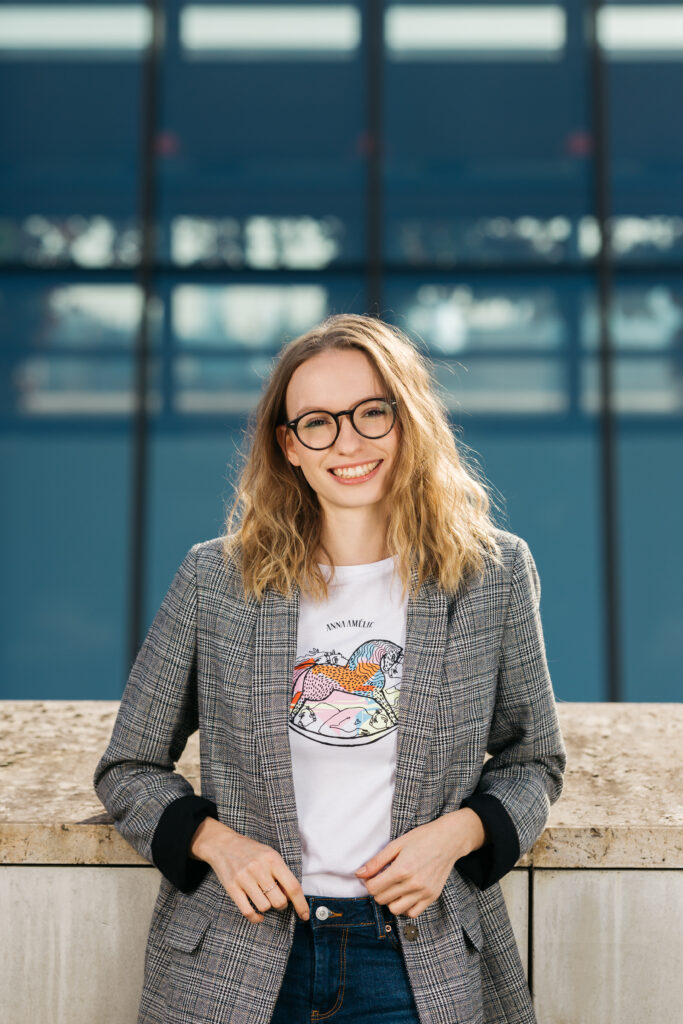
Let’s play further! If you imagine the Academy as a small child, how do you see them now? What is happening with them?
I see them as a toddler just beginning to walk. They only just started toddling, but they already wanted to run—quickly, everywhere. They wanted to be in every house, kindergarten, school, and court. Now they’ve slowed down a little. They realized that the path ahead has many branches. They are awaited everywhere, and they try to listen to everyone. They go where they are most needed—but now they also pay attention to what’s good for them. How they can be well, how they can grow while their ground becomes firm. They no longer run but approach slowly, gaining experience. Their feet grow like mushrooms, but the shoes given fit perfectly—not too big to grow into. The Academy is a child with many friends. They are loved.
How do you imagine them in 5 years?
In five years, this child will not only walk but dance on their path. They will know where they’re heading, but will sometimes stop to look around, listen to others, and ask questions again and again. They will have friends around them who not only learn but also teach—without losing curiosity. One day they will become a young adult who draws a circle in the sandbox, where anyone can join—child, parent, neighbor, teacher, lawyer, or grandparent—and feel safe there. They will not only speak languages but also understand the language of people. They will know when to be silent, when to ask, and when to laugh. They will have seen much of the world but will always return to where they started—because they know that true change is not loud but persistent. In five years, they will not only dream of the world but also shape it. Gently but firmly. Surely they’ll be a star—very popular, known by everyone. They’ll be someone people gather around to talk. They’ll create a community where people dare to ask questions and seek answers. In five years, they will have concrete plans for the next five years—and already be a world traveler, speaking multiple languages.
Many say that a child can only thrive if someone pays attention to them and recognizes their needs, which are then responded to appropriately. What does this “Academy child” need now to thrive?
I think they mostly need a team where decisions are not made about them but with them. Where their questions are not feared, and when they ask, “What will happen to me?”—someone truly answers. Not necessarily with a ready-made answer, but at least with attention.
They also need to be noticed. Not only to do things well but to become visible—so maybe they should get a bright orange safety vest that can’t be overlooked. In our trainings, when discussing case studies, we often ask what a child needs. Often the answers are legal or professional, but we try to redirect participants to think about what the child would really say. Likely, they’d say, “Playing soccer with dad,” not, for example, “Revising visitation arrangements.” Similarly, the Academy child would probably not say, “I need greater societal reach,” but rather, “I need more friends.” So I guess I stumbled a bit on my own example—but that’s part of learning.
On May 1st this year, the SozialMarie Prizes were awarded for the 21st time. Among the winners of socially innovative initiatives were three from Hungary, including the Hintalovon Academy. Tell us a bit about the prize and what it means!
The SozialMarie rewards social innovations that implement projects in a novel, creative way. This year, 401 projects from 5 countries applied, of which 37 were invited to the award ceremony in Vienna. Out of these, 15 projects received awards—12 equally, and the remaining three ranked. The Hintalovon Academy was among this year’s awardees.s.
What was your personal experience with the application and the award?
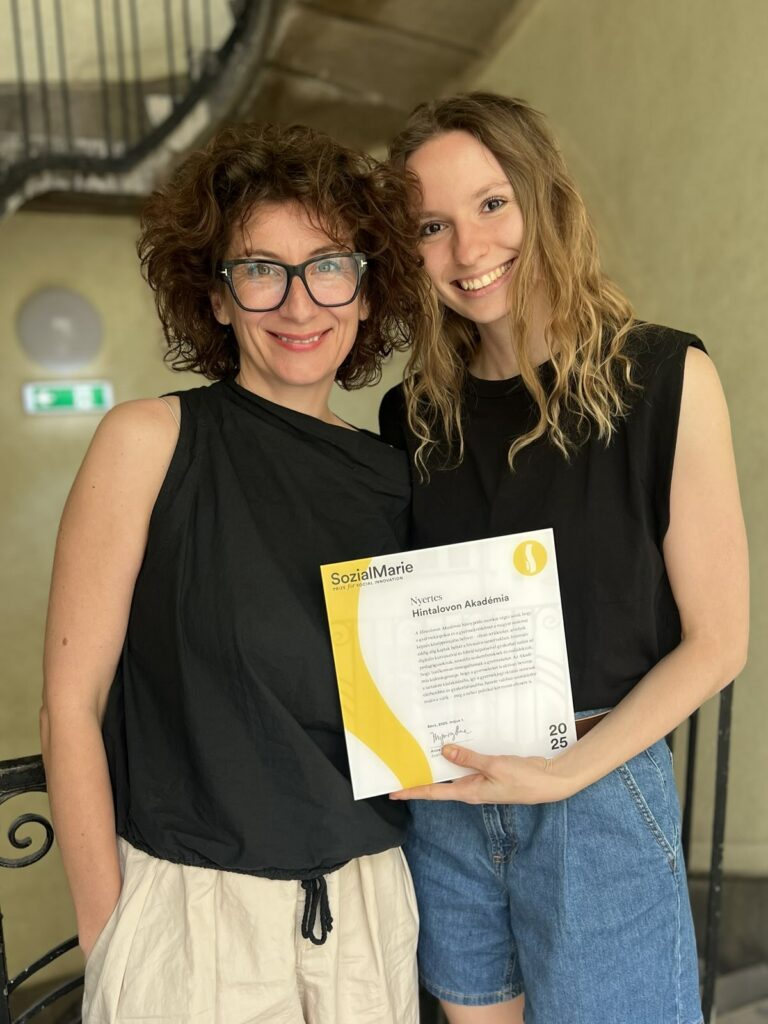
The application can be submitted by anyone. When we applied, it was clear from the form that the focus was truly on innovation. The fact that we talk about children’s rights in this form—and that accredited trainings even provide credit points—is indeed innovative, especially in the social field.
I hoped very much it would be recognized. Our work is significantly influenced by public life and various regulations. I wasn’t sure how much they’d consider this, as in Austria—where the SozialMarie was founded—running an accredited e-learning program would be much easier with state support and public platforms. We, however, create the conditions ourselves that are likely provided elsewhere.
Incredible projects were presented, and with each awardee, we felt they fully deserved the prize. You can find more information about the nominees here.
What comes with the prize?
A certificate and €2,000 in support. But beyond that, what does it mean? We design every training with the real needs and demands of the target group in mind. This balance often presents dilemmas. The SozialMarie jury members, who understand the challenges of the field, know exactly what deserves recognition and what meets these needs. So this feedback means a great deal to us.
What does success mean to you?
At first, I thought success meant the Academy becoming as big as possible, as quickly as possible. Over the past three years, however, the project has matured, and now I believe that if we can help even one person—if their life changes because of what they received from us—that is already success.
You mentioned earlier that when creating a training, you weigh the needs and demands that arise. The Academy’s newest program, “Listen, Ask, Speak Up!”, stems from what needs and demands?
The year 2024 was all about child protection. Articles, interviews, and posts on the topic were everywhere. This is great, as it uncovers problems and sparks conversations. At the same time, we often felt that not everyone had a clear picture of what child protection really means. How does the system work? What is the reporting system? Behind the shocking statistics are children—yet their conditions and experiences were often absent from the news.
In addition, last September a legal amendment was introduced stating that in cases of severe endangerment, if a reporting system member fails to report, they could face criminal proceedings. This was widely discussed, but if someone was never told what being a reporting system member meant, all they understood was that they might get into trouble. They became afraid—but still didn’t understand the context.
This often results in members reporting out of fear—without weighing the child’s needs or considering alternatives—further burdening an already strained child protection system. Yet there are also cases where no report is made in severe danger situations simply because the person didn’t know they were a reporting system member. Or they didn’t know that not only official members can make a child protection report—or that such a possibility even exists.
Child protection is increasingly in the spotlight, and we felt we had to respond. The training again raised the question of “need or demand.” If someone on the bus sees an adult hitting a child, their demand is to know what they can do immediately. If someone knows that abuse has been ongoing next door for months, they want to know how to help. We respond to this—the training includes the most case studies and practical examples.
At the same time, we address deeper needs: that responsible adults understand the dynamics of abuse, understand the system, and feel confident, equipped with knowledge. So that next time they encounter something not okay, they won’t be alone with their questions.
“Listen, Ask, Speak Up!” is a free training. How do you decide whether a training is free?
It depends on many things. Our accredited trainings involve significant financial and professional investment—not only the costs of official approval but also development, expert work, and administration, which take months. These cannot be offered free of charge, as it’s not sustainable.
But there are topics we believe must reach everyone on a societal level. “Listen, Ask, Speak Up!” is one of them. That’s why we made it freely available to all.
To keep such opportunities alive, we need supporters. Those who can help us ensure we can continue developing new trainings in the future.
This summer, however, all trainings are free until August 31. What was the reason for this decision, and are professionals and responsible adults making use of the opportunity?
The reasons behind the decision could fill an entire article—and luckily, my colleague Györgyi wrote one. It tells the story of a wonderful fundraising campaign that surpassed all our dreams thanks to the many people who joined. We wanted to say thank you, so we made all our trainings free until August 31.
We hoped it would be popular—but we didn’t expect more than 3,500 responsible adults to register at the Academy within three weeks. And we check the registrations every day—we’ll never get tired of it.
Recently, the Academy launched a unique accredited training for lawyers, “Child Rights Cases,” in the form of a vodcast. Why this format, and how did the idea come about?
We found that lawyers prefer short, video-based micro-modules. They have little time for e-learning, and almost none for in-person training. So we surveyed the lawyers in our network to ask what topics and formats they’d prefer. The vodcast responded to both format and content needs.
We developed the materials together with our pro bono partner, the Jalsovszky Law Firm. They also support us in child rights consultations, so they have a clear view of the issues surrounding children.
Three episodes are being produced, two already available. The first covers child rights cases through three different examples, considering both children’s needs and legal aspects. The second examines the relationship between the child protection reporting system and attorney-client privilege, including perspectives from our Minor Colleagues. The third, based on international research, explores how different countries’ criminal codes define child pornography.
Together, we also developed a legislative proposal to replace the term “child pornography” in the Penal Code with “content depicting sexual abuse of children.” The third episode will discuss this. Each training lasts one hour and grants one credit point.
The studio is provided by Ringier—and it’s uplifting to see how proactively and supportively everyone participates.
What three words come to mind when you reflect on this conversation?
What I’ll take with me? That it’s good, that what we’re in is a shared learning, and permission.
If you had three wishes for the Academy in 2025, what would they be?
- To receive plenty of feedback—this is crucial to shaping our trainings in the most necessary directions.
- To know when it’s time to pause. Not just to move forward, but sometimes to stop, breathe, look back, and celebrate achievements.
- To believe that you don’t always need to create something new to give value. Sometimes the greatest gift is letting what’s already planted grow—and trusting it will flourish with time.

